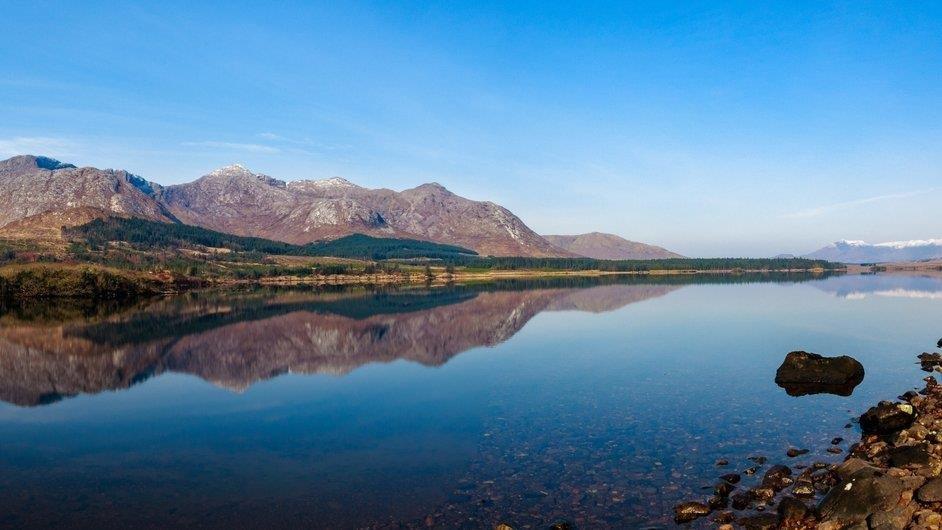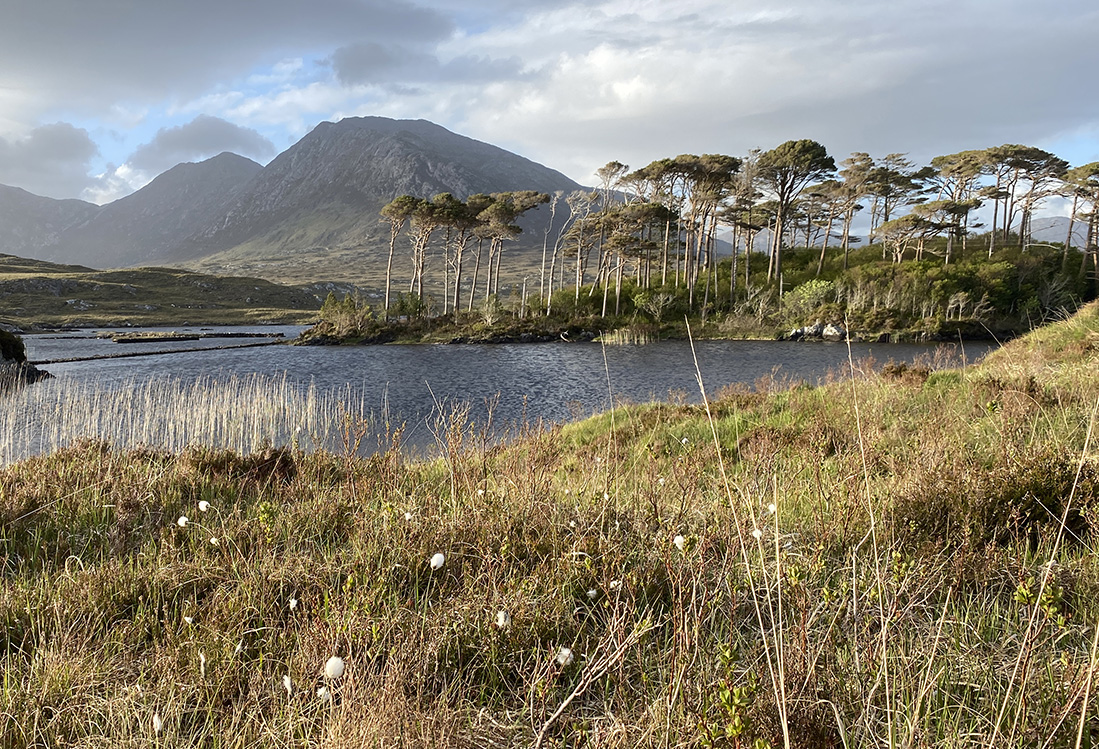Coillte welcomes announcement that 2,100 hectares of Atlantic blanket bog to be rewetted and replanted

Friday July 24th 2020:
Coillte has warmly welcomed the announcement today (Friday) by Agriculture Minister, Dara Calleary, and Minister for Land Use & Biodiversity, Senator Pippa Hackett, that funding is to be provided for the Wild Atlantic Bog Woodland Project as part of the Government’s July Stimulus program.
The project will see 2,100 hectares of Atlantic blanket bog, which is currently planted with spruce and pine forests, restored with rewetted bog and replanted with native woodlands. A wide range of contractors and experts will work on the project.
Coillte has previously completed three major bog restoration projects, with the support of EU funding, but this will be the largest undertaken to date. The Wild Atlantic Bog Woodland Project will be carried out by Coillte Nature, the not-for-profit branch of Coillte, which is dedicated to the restoration, regeneration and rehabilitation of nature across Ireland.
Imelda Hurley, Chief Executive of Coillte said:
“I warmly welcome Minister Hackett’s comments that funding will be provided for the Wild Atlantic Bog Woodland Project, a project of national importance.
“For Coillte, it’s about the right tree in the right place for the right objective.
“This project aims to sensitively remove the conifers on these sites and restore the landscape with rewetted bog and native woodlands. It is consistent with this Government’s high-level environment priorities, which aim to restore these rare habitats, and will involve a wide range of external peatland experts and local contractors. It will create significant biodiversity and outdoor recreation benefits and improve the visual amenity of this iconic landscape.
“For over 10 years Coillte has been a committed to habitat restoration in raised bogs and blanket bogs. I am delighted that this will continue with our biggest project yet in this area.”
Dr. Ciarán Fallon, Director Coillte Nature said:
“This funding allows us to create real impact and restore a rare habitat of international importance. The learnings can be applied to develop a range of solutions for restoring our Western peatlands.”

